GĐXH - Currently, most countries in the world celebrate New Year on January 1st of the Gregorian calendar, but not many people know clearly about the history of New Year's Day.
Why is January 1st considered New Year?
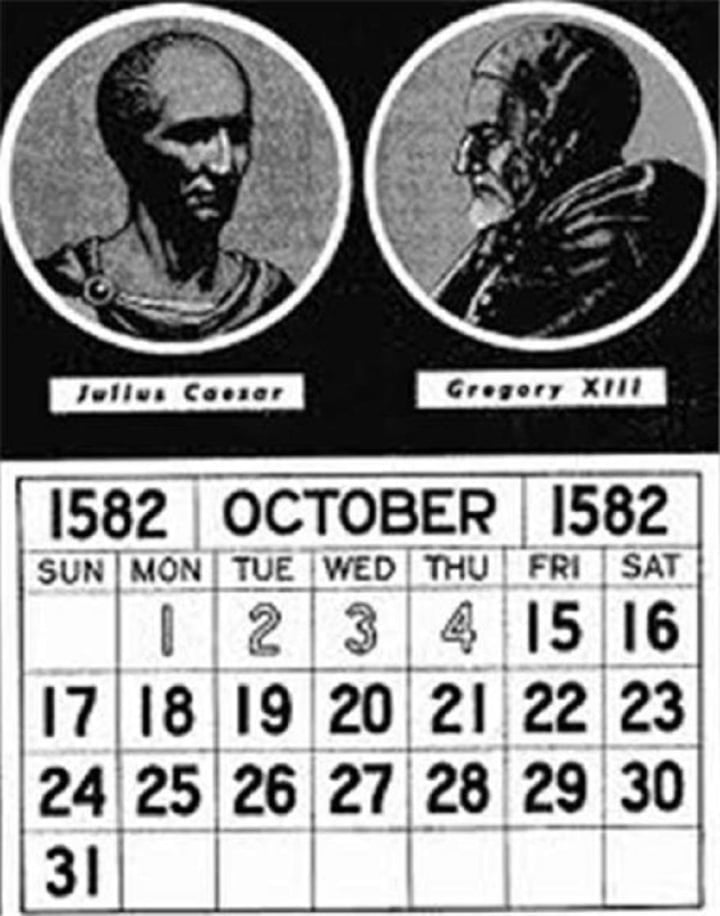
Before being replaced by the Gregorian calendar, Julius Caesar's calendar was widely used throughout the Roman Empire. January 1 was chosen as the first day of the year.
The first time January 1 was considered the start of the New Year was in 45 BC. Before that, the Roman calendar began in March and lasted 355 days. After coming to power, Roman Emperor Julius Caesar decided to change the calendar. He wanted to honor Janus, the Roman god of beginnings who had two faces, allowing him to see into the future as well as the past, so he chose January 1 as the first day of the year.
However, the day did not become widely celebrated in Europe until the mid-16th century. After the arrival of Christianity, December 25th, the birthday of Jesus, was adopted and January 1st, the start of the new year, was considered pagan. It was not until Pope Gregory changed the Julian calendar to make January 1st the official start of the year that it was accepted.
Additionally, it is believed that people began celebrating the New Year around 2,000 BC, or more than 4,000 years ago in ancient Babylon. On the first new moon after the vernal equinox, usually in late March, the Babylonians celebrated the New Year with an 11-day celebration called Akitu, with a separate ceremony for each day.
How do countries around the world celebrate New Year?
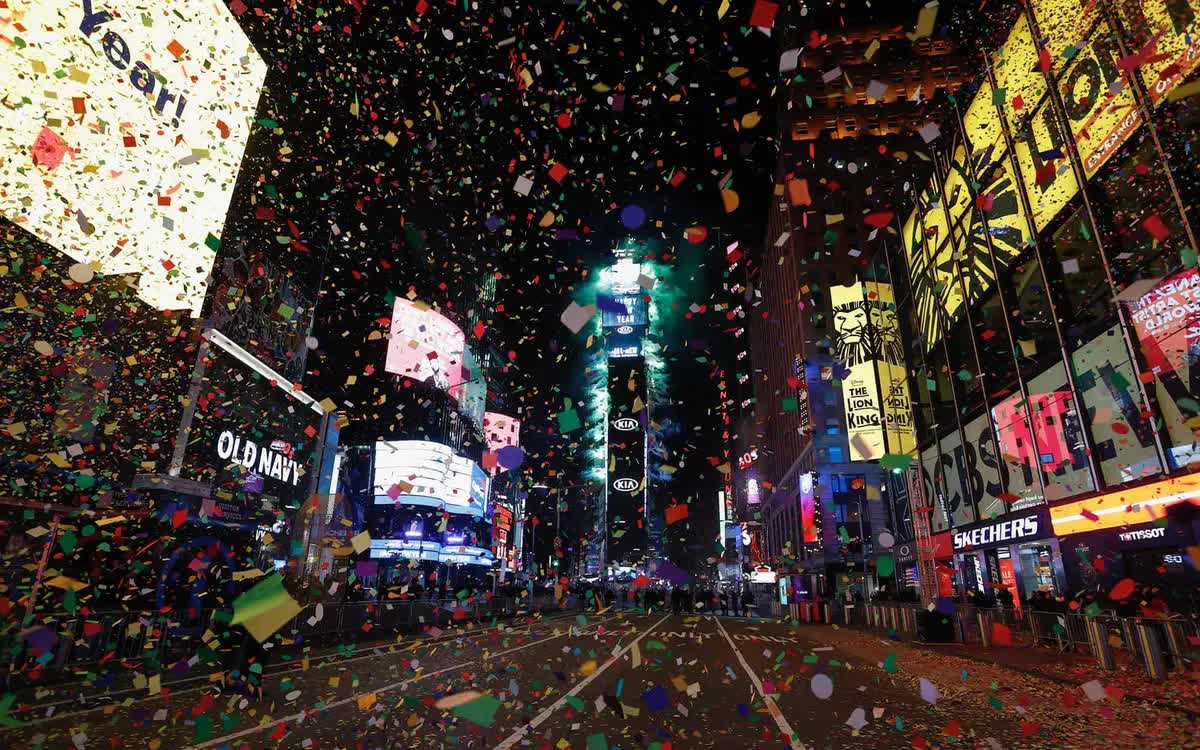
New Year's Day is a major holiday in many countries. (Photo: NBCNewYears.com)
The start of a new year is more than just turning the page. It is a time for people to reflect on the year that has passed and to prepare for new beginnings. Around the world, the start of a new year encourages people to set goals and seize new opportunities.
In many countries, New Year's Eve falls on December 31 and celebrations continue until the early morning of January 1. Around the world, people celebrate with customs such as singing, dancing, and watching fireworks.
In England, on the last night of the old year, people gather in Trafalgar Square and Piccally Circus or around places where they can hear the bells of Big Ben clock in London signaling the arrival of the new year.
In Scotland, the Scottish housewarming tradition dictates that the first guest to arrive at your home after midnight must bring a gift of coal or bread to bring good luck for the year.

People and tourists wait for New Year's Eve celebrations in Times Square, New York City. (Photo: Getty)
The French are famous for their politeness and elegance. They will drink wine to celebrate the New Year. From New Year's Eve, people will start partying and drinking until January 3.
On New Year's Eve in Belgium, people also hold parties to celebrate and when the New Year comes, they hug and kiss each other and send each other good luck wishes.
January 1st is a very important day for the Greek people. It is St. Basil's Day and also the first day of the new year. St. Basil is a saint who is very good to children. He often appears at night and leaves gifts for children in their shoes. On St. Basil's Day, people gather together, eat and give each other gifts of love.
Source: https://giadinh.suckhoedoisong.vn/vi-sao-ngay-1-1-duong-lich-duoc-chon-la-ngay-bat-dau-nam-moi-17224123116171048.htm




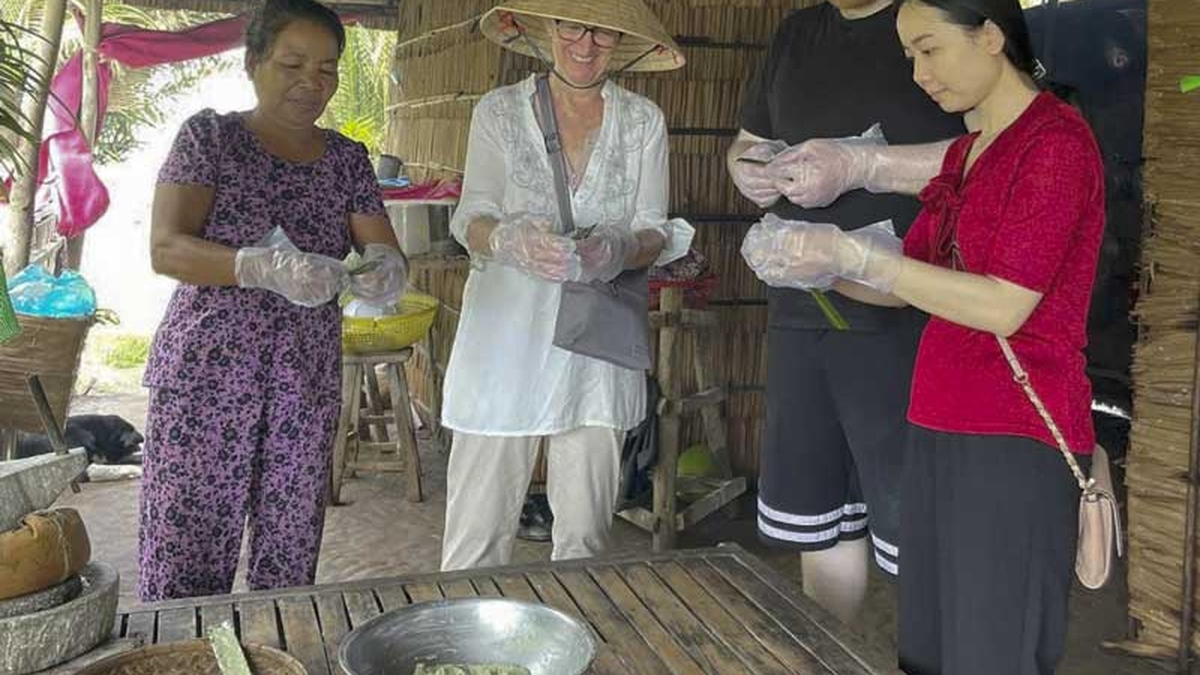


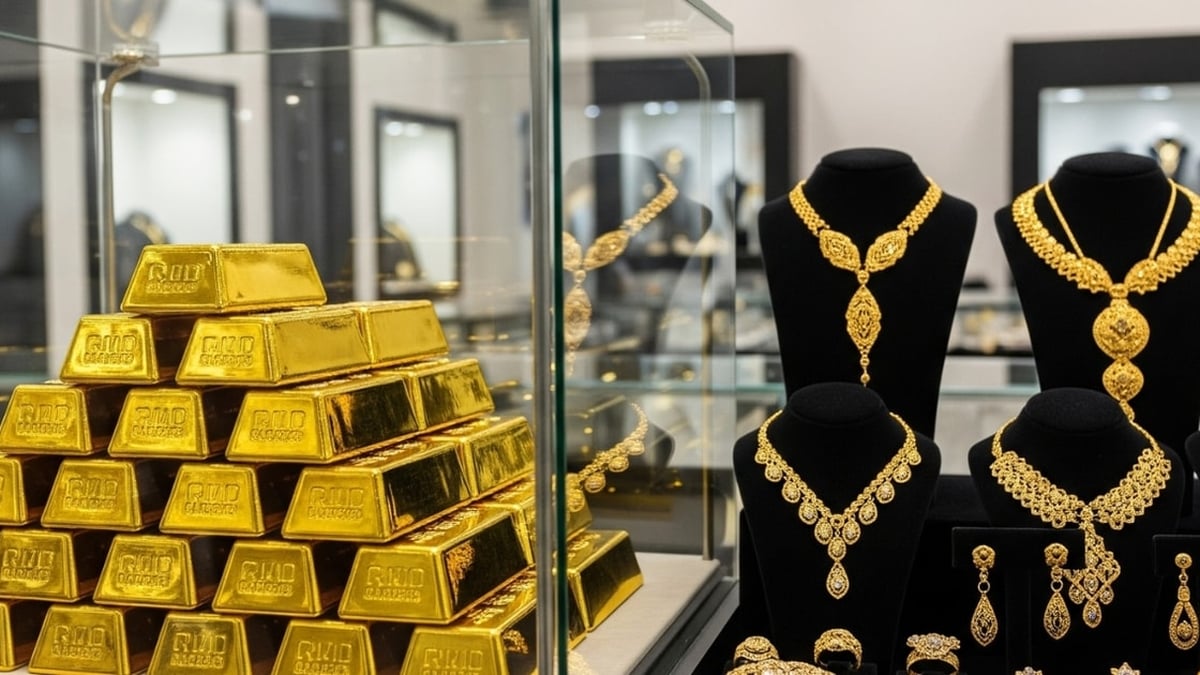
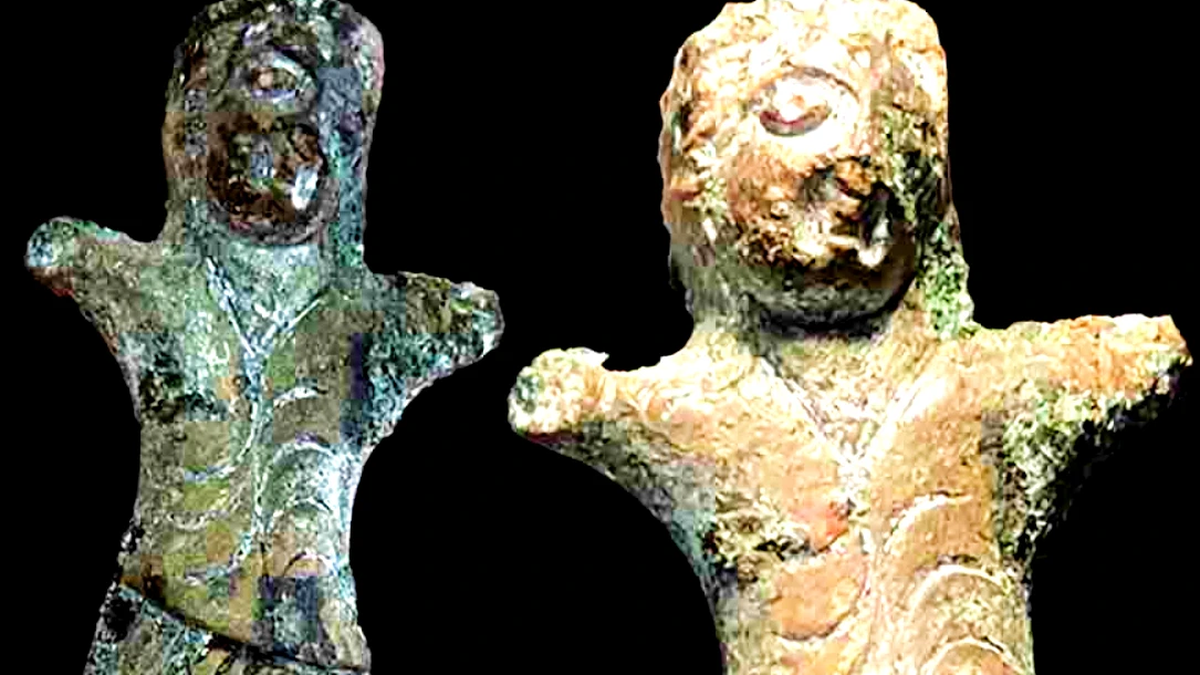


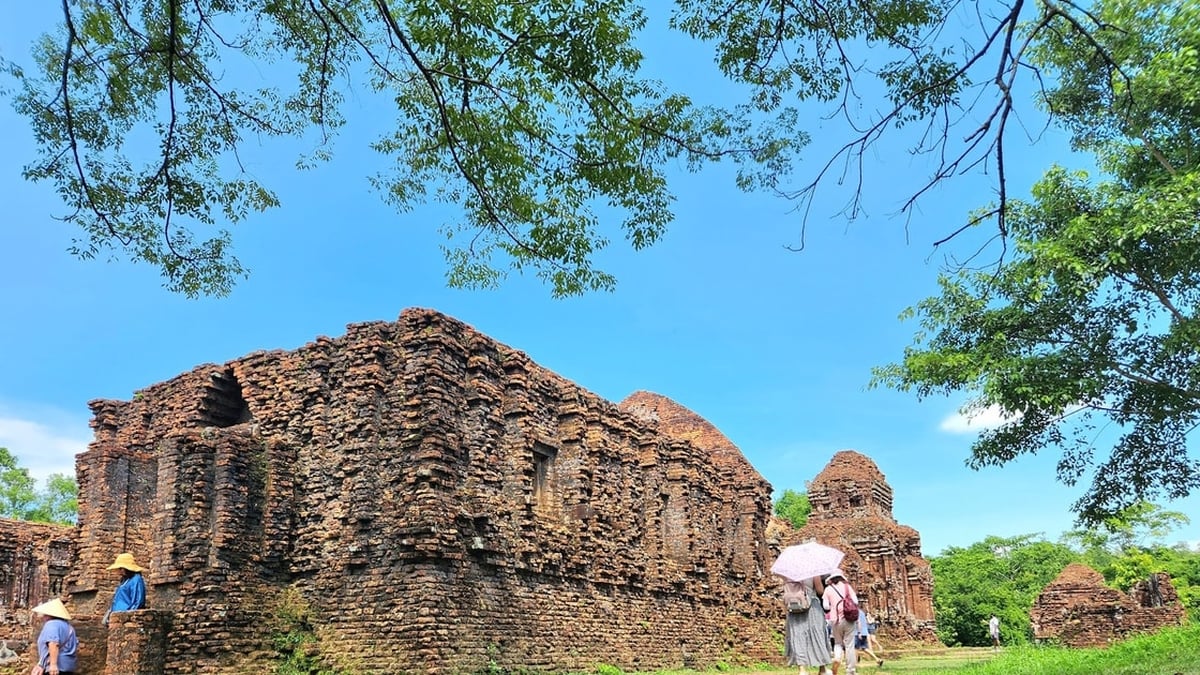














![[Photo] National Assembly Chairman attends the seminar "Building and operating an international financial center and recommendations for Vietnam"](https://vphoto.vietnam.vn/thumb/1200x675/vietnam/resource/IMAGE/2025/7/28/76393436936e457db31ec84433289f72)






































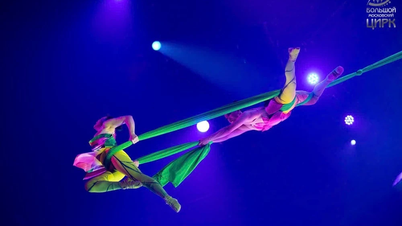




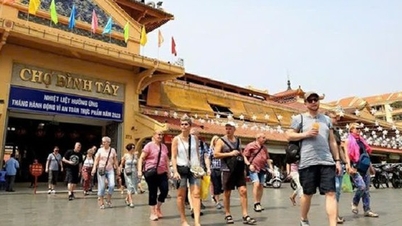

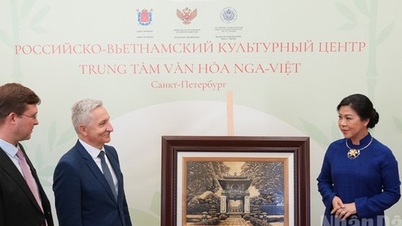




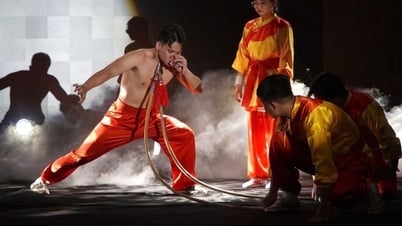






















Comment (0)